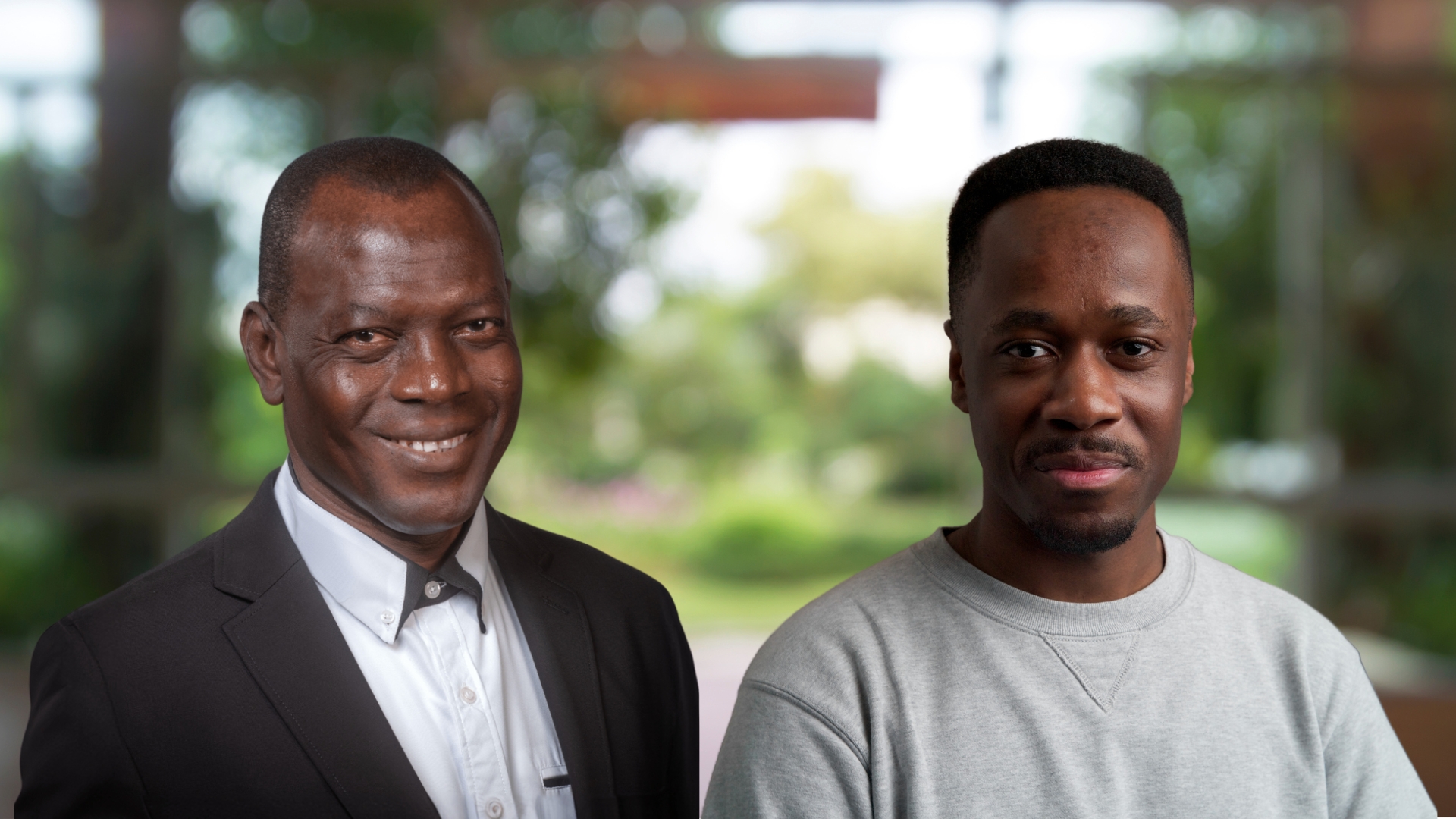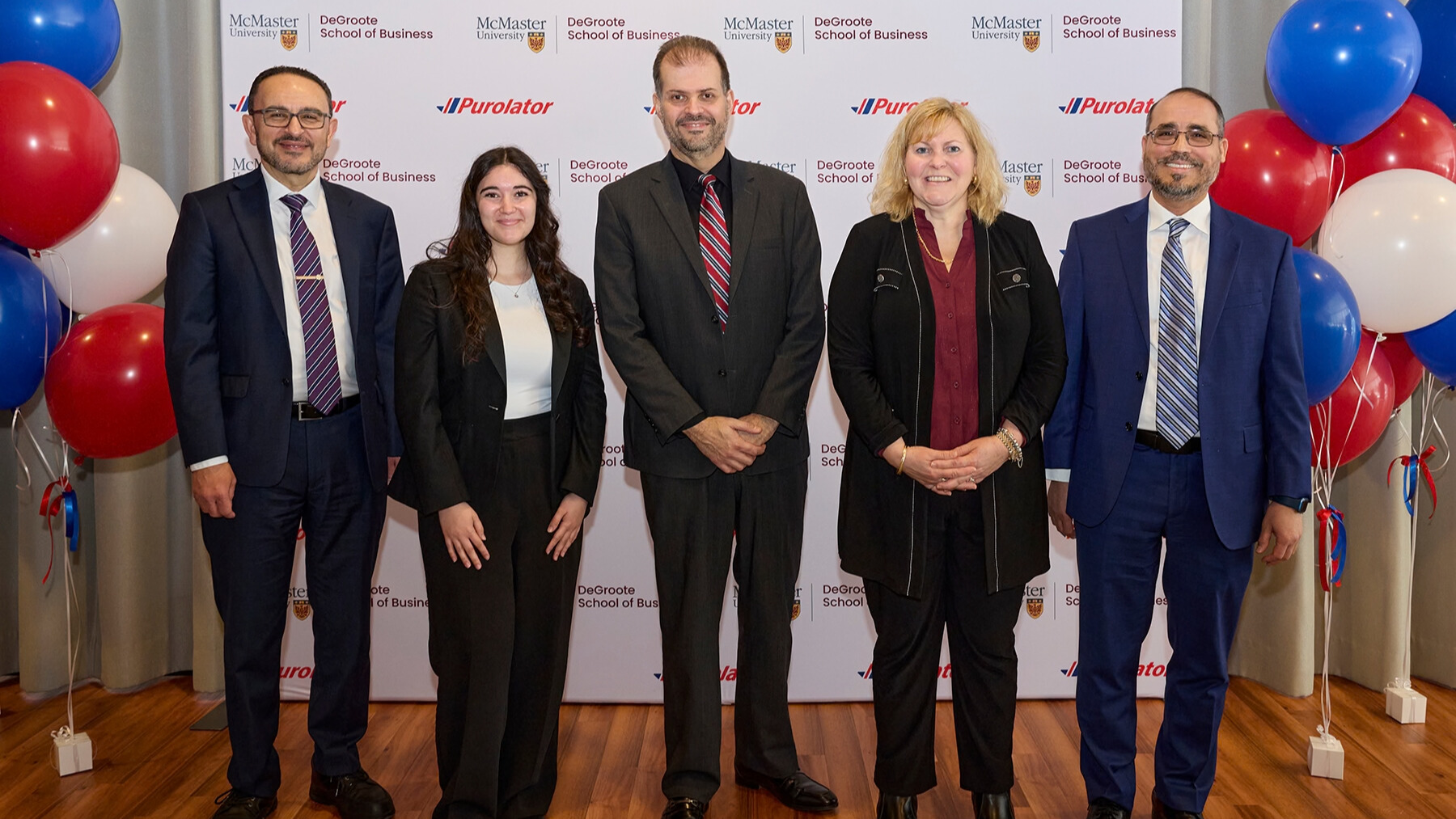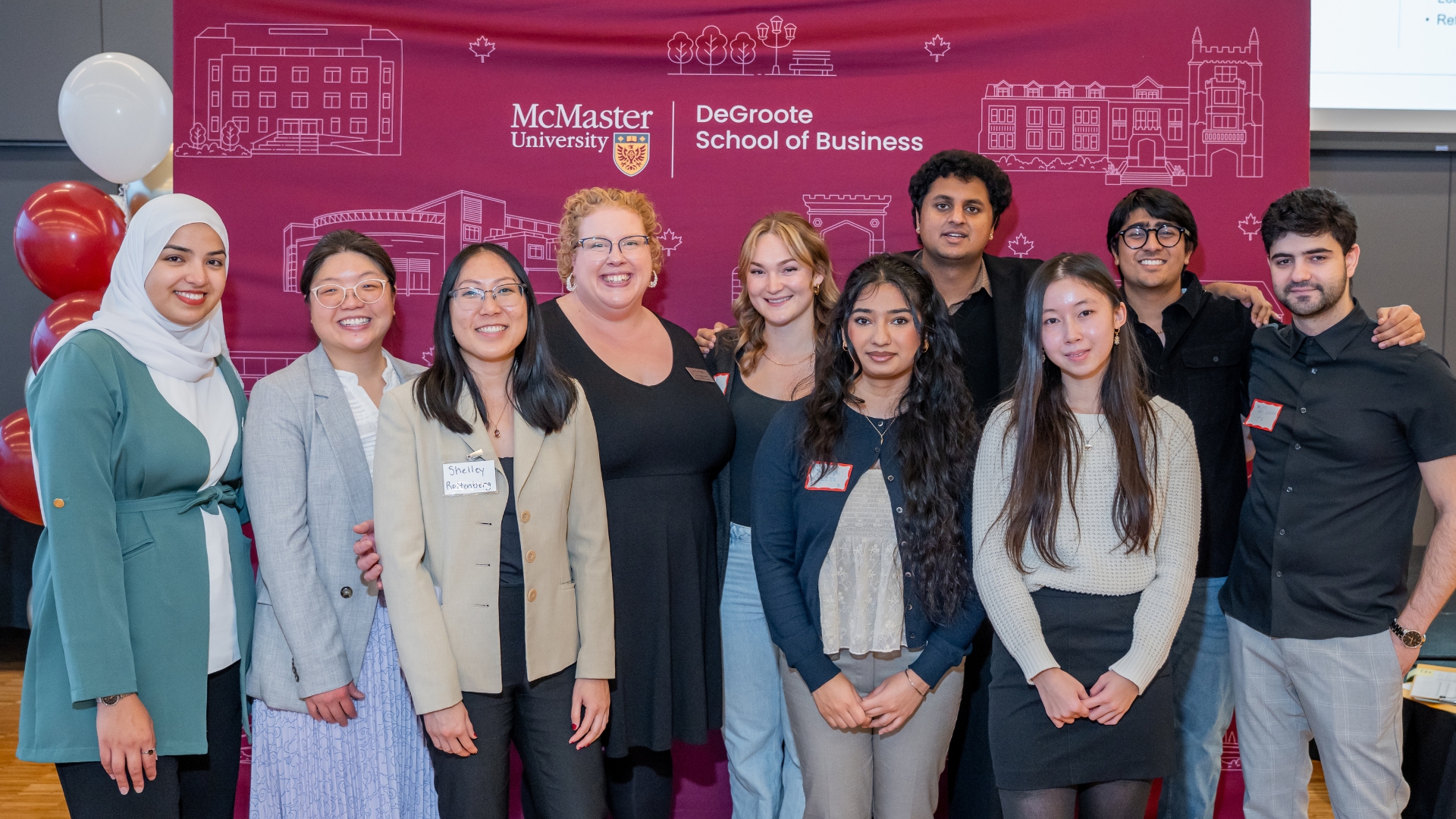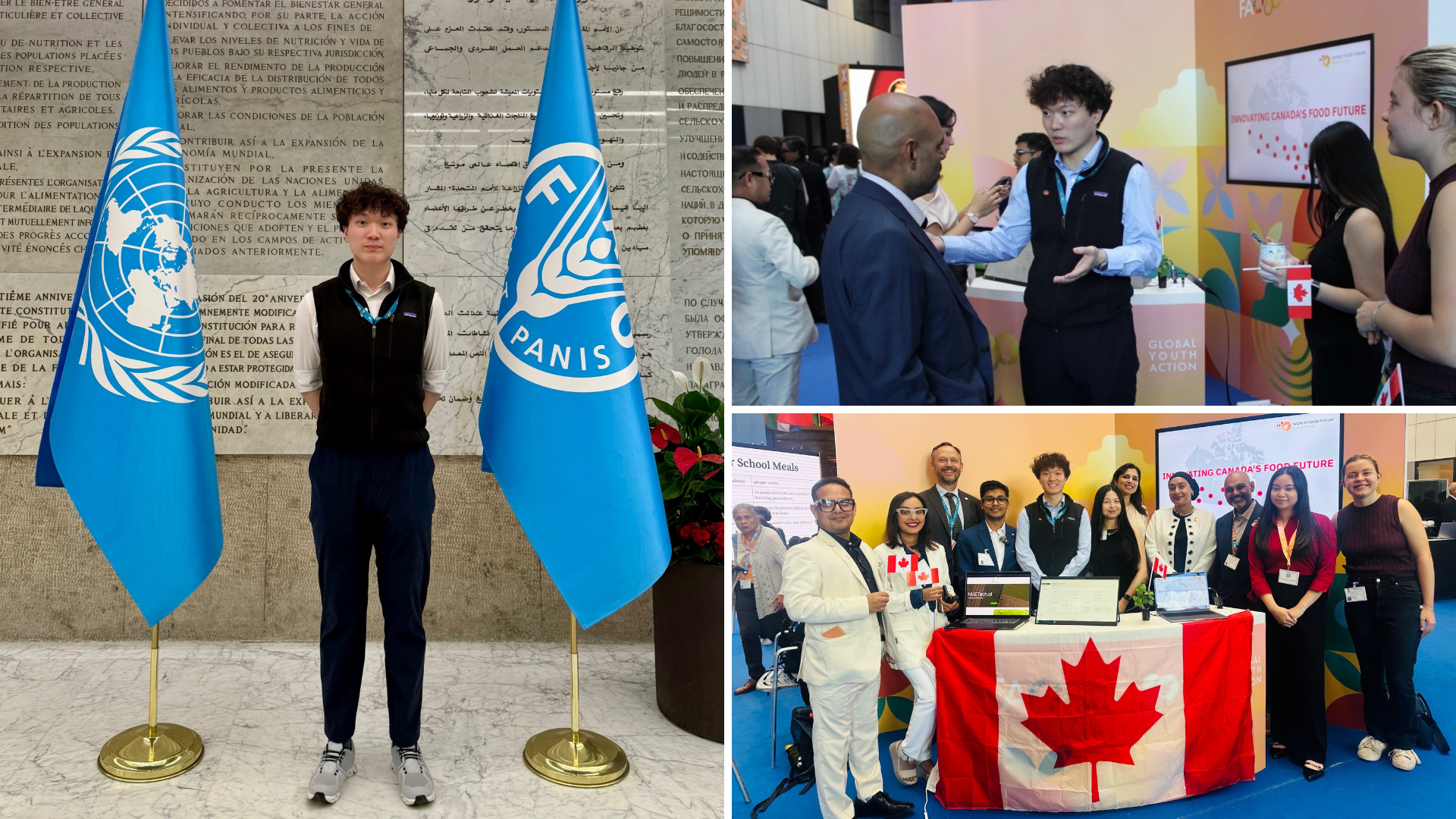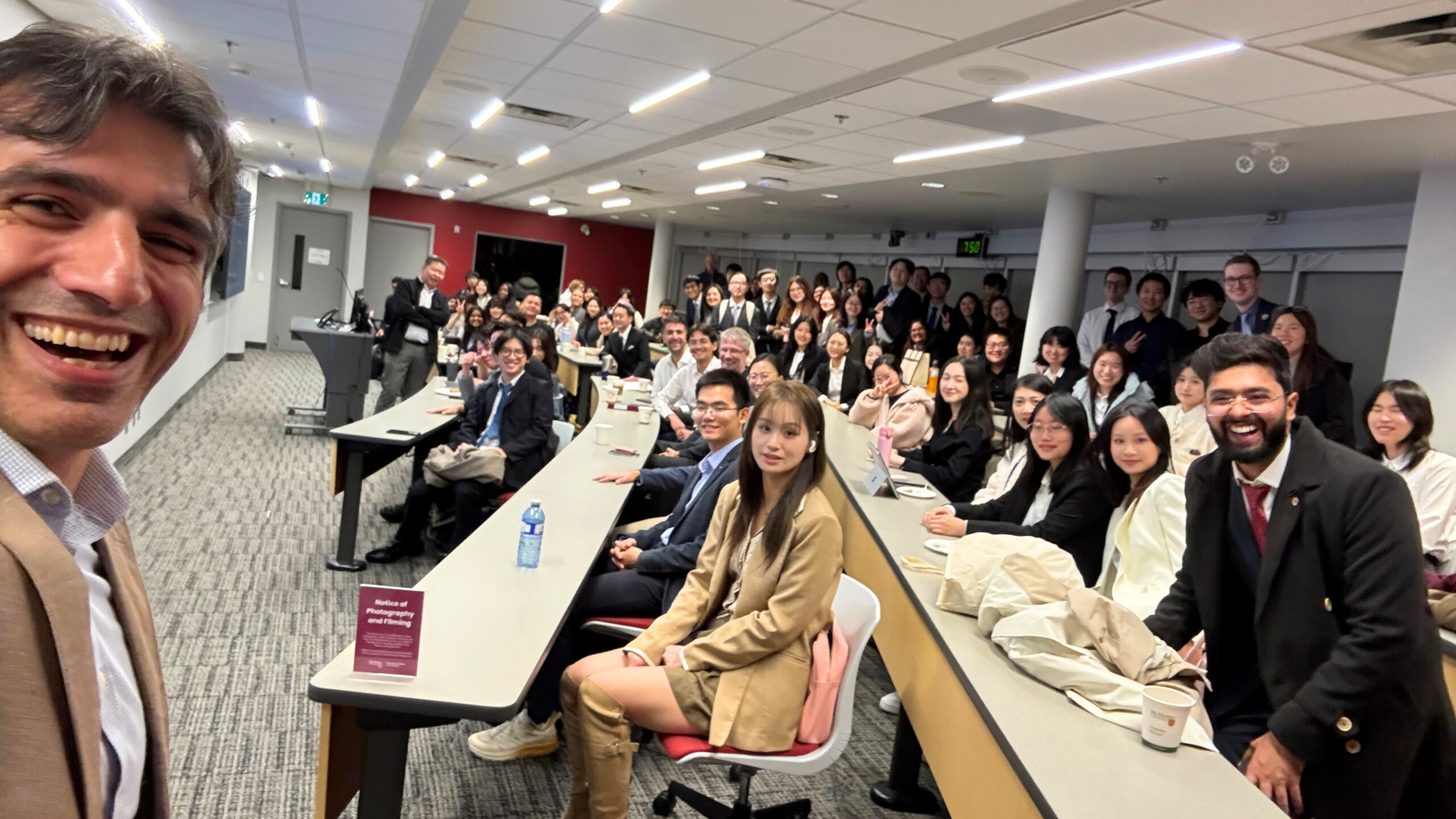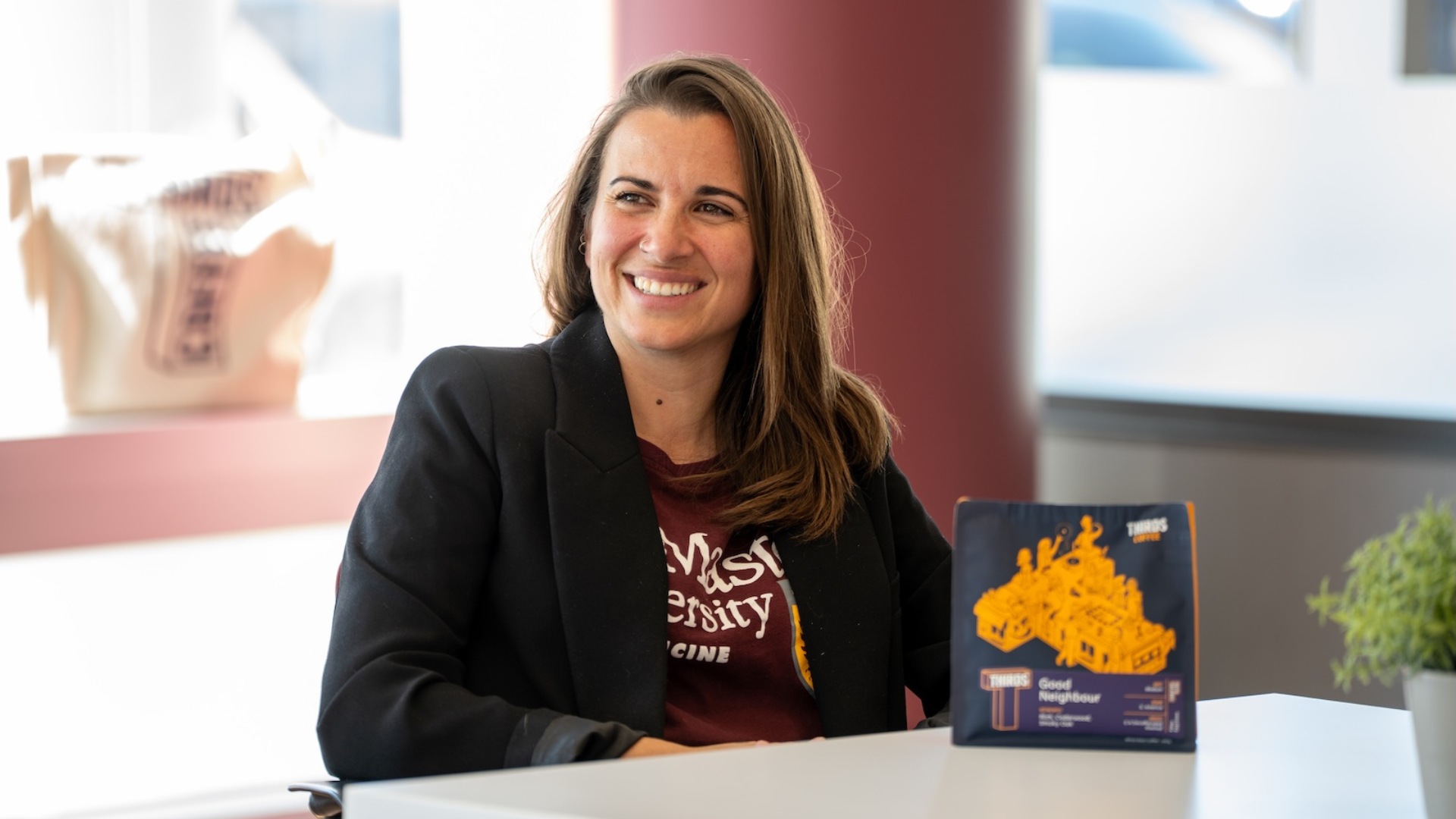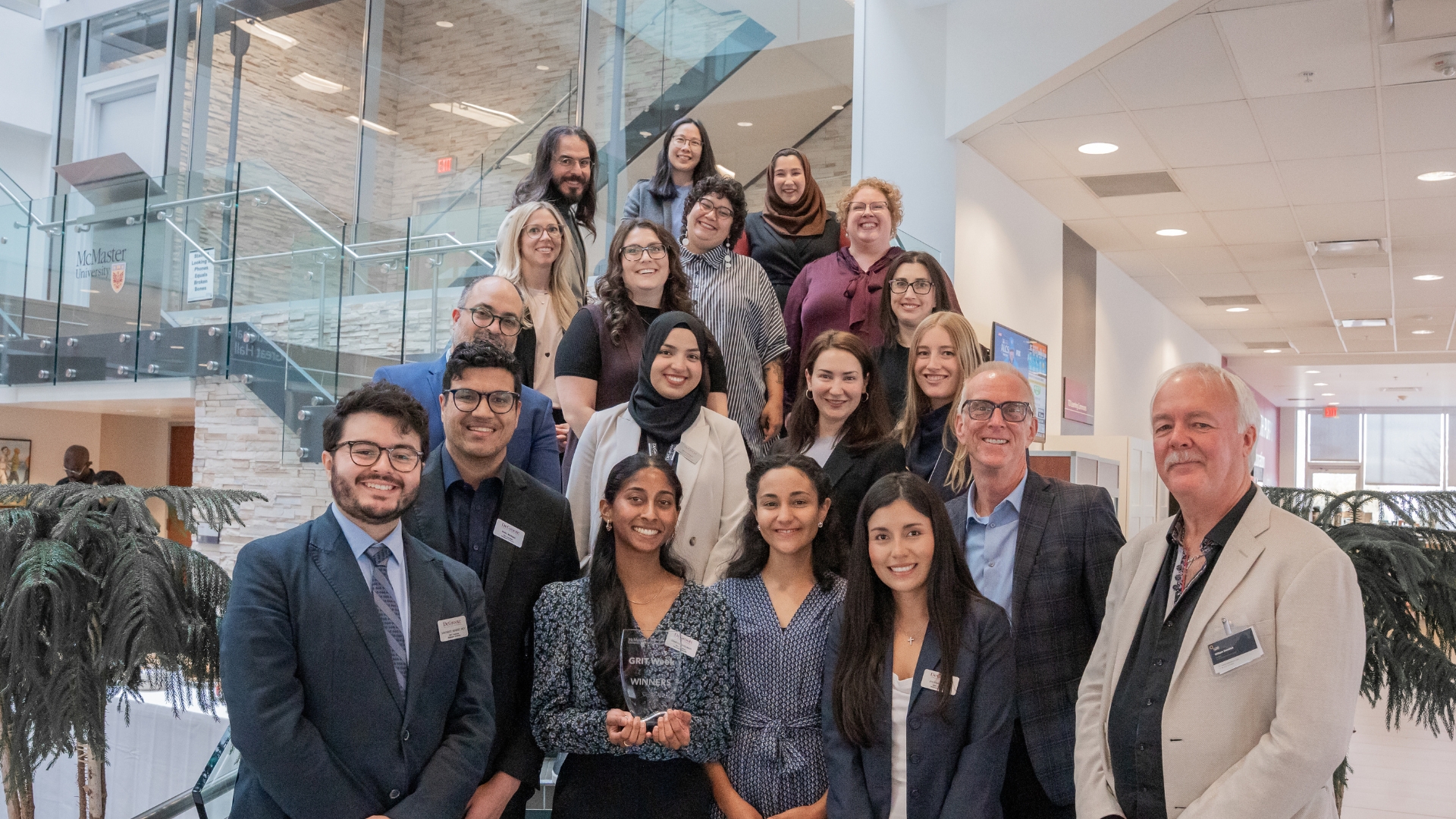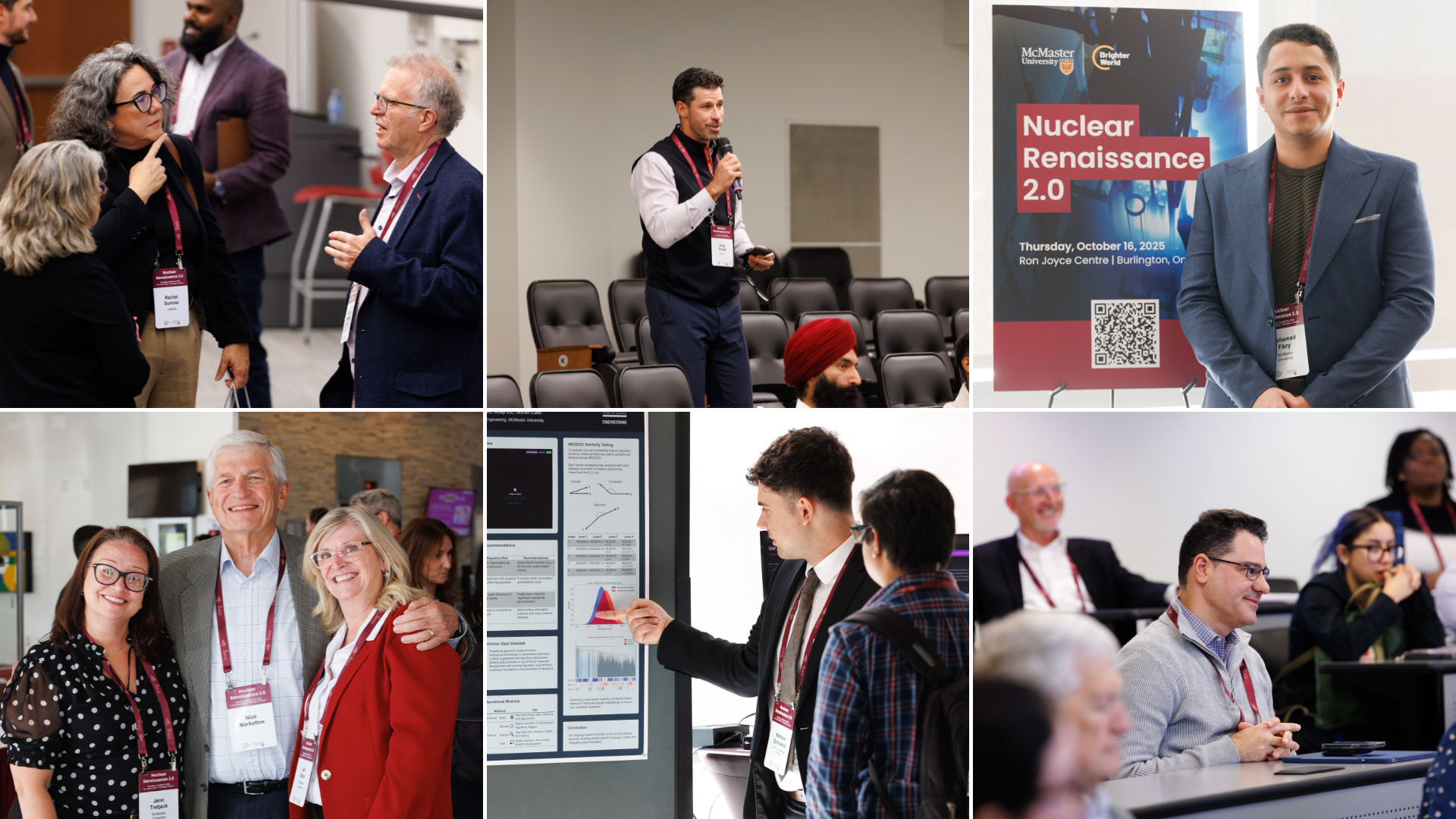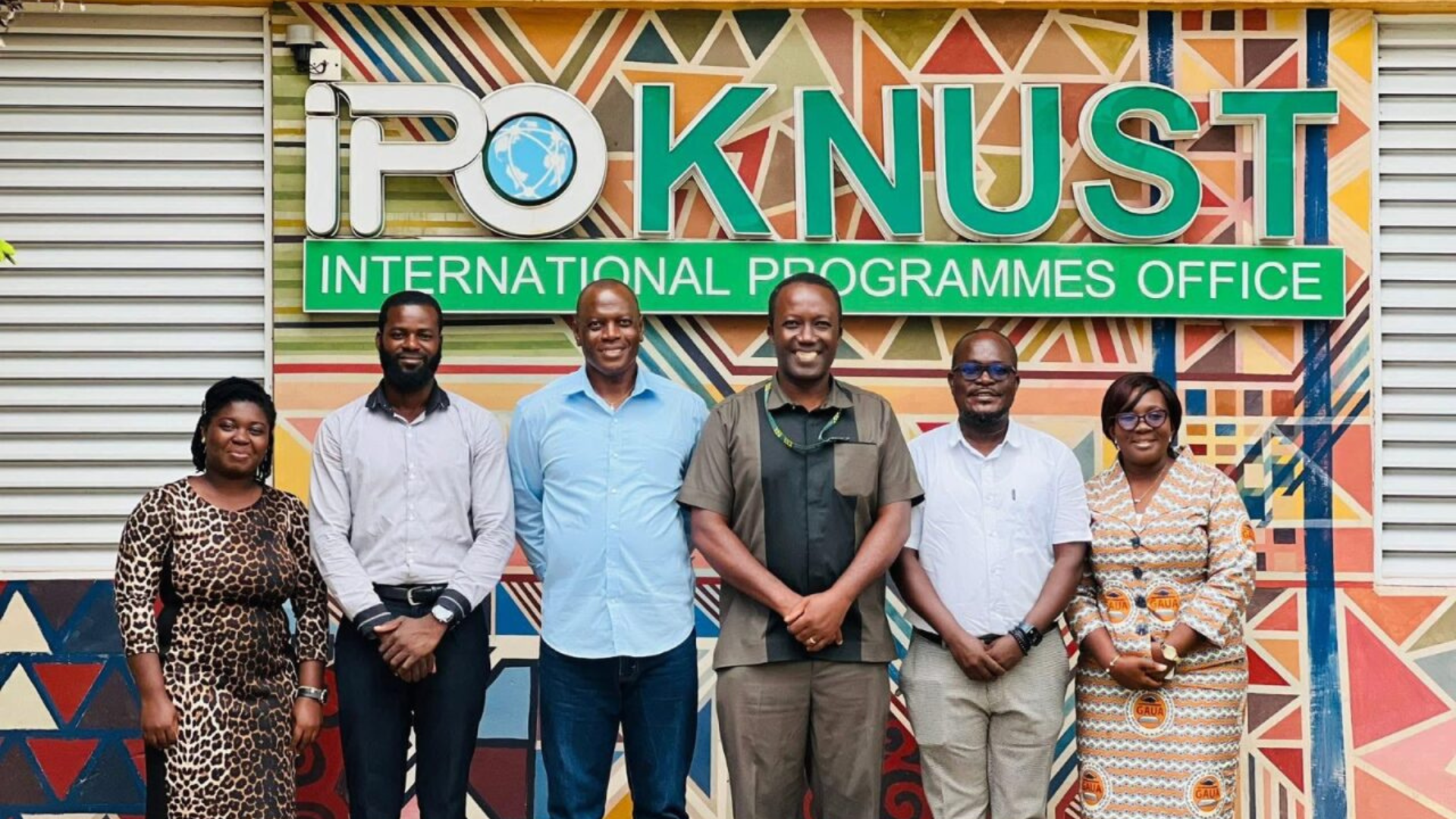RESEARCH STAFF STRATEGIC PLAN | RESEARCH AND SCHOLARSHIP
Mid-Sized University. Out-Sized Impact.
June 6, 2023 ·
Contributed by: McMaster University
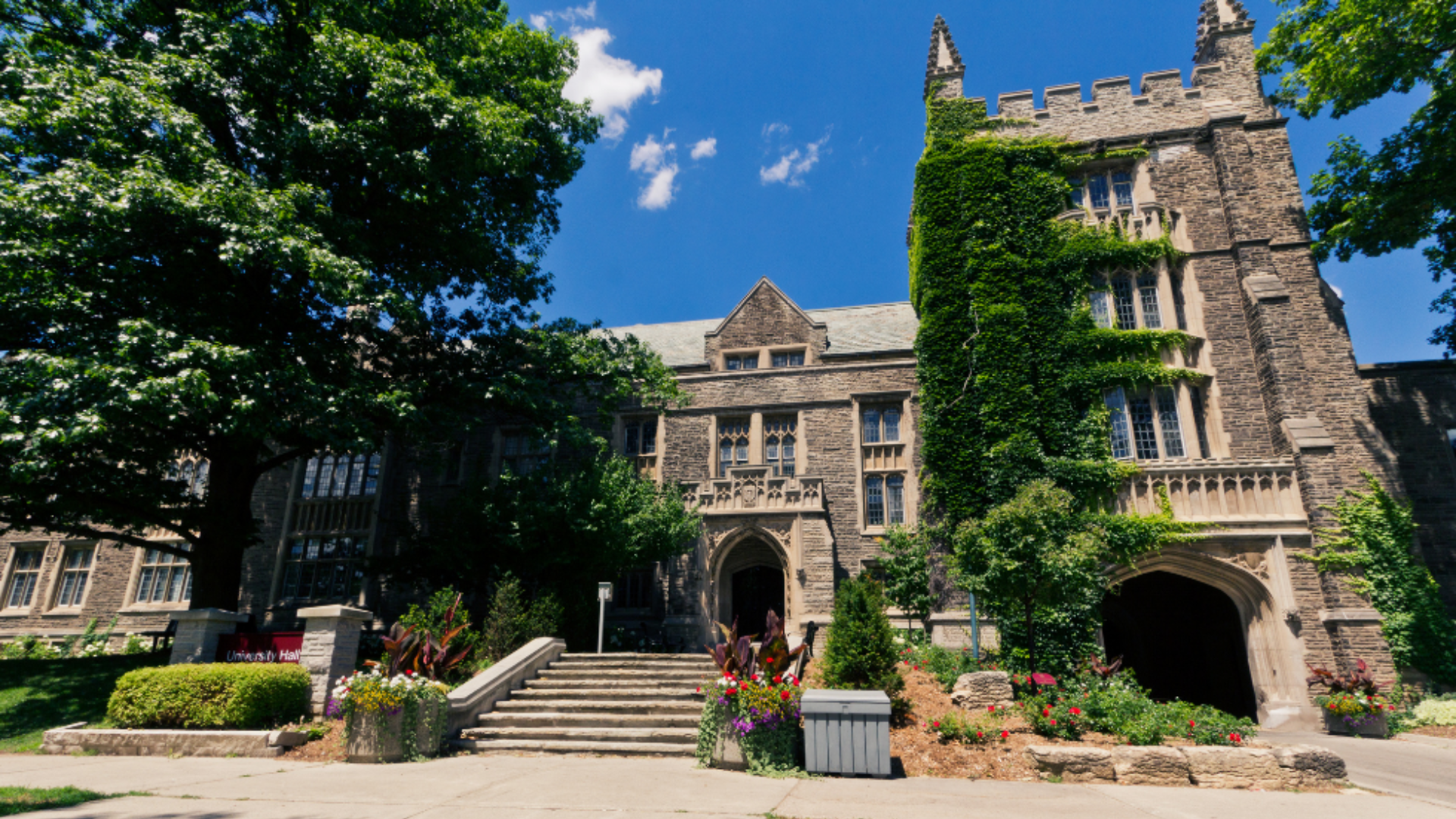
The United Nations’ Sustainable Development Goals challenge us to come together to end poverty and hunger, reduce inequalities, improve health and education and build a more sustainable, equitable world.
At McMaster, our researchers, students and staff are answering the United Nations’ call to embrace change and work together to create a healthier, brighter world that leaves no one behind. As a result of their work, McMaster has ranked 33rd in the world for global impact in this year’s Times Higher Education Impact Rankings.
Below, you will find a collection of stories that highlight the ways in which our researchers are having a direct impact on our communities, both local and global.
12th in the world
From studying the negative impacts of used clothing donations in Ghana to championing the health of our communities right here at home, our experts are dedicated to ending poverty in all its forms.

Building a digital community of global entrepreneurs
From Brazilian women to aging sex workers in Kenya and other marginalized persons, DeGroote professor Benson Honig has provided entrepreneurial training across the globe. Now, Honig is taking a virtual incubator to Kenya to encourage new business opportunities for the region’s multigenerational refugees and to promote cross-global engagement using enhanced digital techniques.

McMaster researchers seek to deliver an end to hunger
“More than four million Canadians are food-insecure, yet 2.3 million tonnes of edible food, estimated to cost $21 billion, is wasted by households each year,” says project lead, Elkafi Hassini, Associate Dean, Research, DeGroote School of Business. “Our long-term goal is to create a system that can fill the gaps and end hunger in Canada. If this succeeds, it can be applied to other communities.”

Your used clothing donation may be doing more harm than good
In Ghana, clothing resale is big business. Baniyelme Zoogah, a DeGroote School of Business professor, is examining two consequences of used clothing in Ghana. The first is the environmental concerns. The second is how entrepreneurship associated with used clothing trading is driven by institutional factors.
49th in the world
Reducing inequalities is at the heart of the Sustainable Development Goals. At McMaster, our experts are helping to dismantle systemic inequalities by using digital storytelling techniques to help train and mentor a new generation of scholars in Africa and understanding how middle-aged adults with frailty were disproportionately affected by the pandemic.

Bringing research to the community
The McMaster Digital Transformation Research Centre (MDTRC) has launched an innovative mobile user experience lab which will allow researchers to take their tools on the road — to go directly into local communities.
55th in the world
Novel inventions. Groundbreaking discoveries. Emerging tech. Our experts are committed to fostering an environment built upon innovation, creativity and expertise. Whether it’s partnering with industry to create the next generation of leaders or working to re-imagine the way we think about packaging, we are working with our communities, both local and global, to create a brighter world.

One industry’s waste is another’s green product
With Canadians annually throwing away 3 million tonnes of plastic waste, of which only 9 per cent is recycled, sustainable packaging is now considered a key to reducing our environmental footprint. For DeGroote School of Business marketing professor Devashish Pujari, sustainable packaging goes well beyond getting rid of single-use plastics. Part of an interdisciplinary research team, Pujari is currently investigating how companies can move to a circular economy model, in which nothing goes to waste.
Learn more about McMaster’s performance in this year’s Times Higher Education Impact Rankings here.

